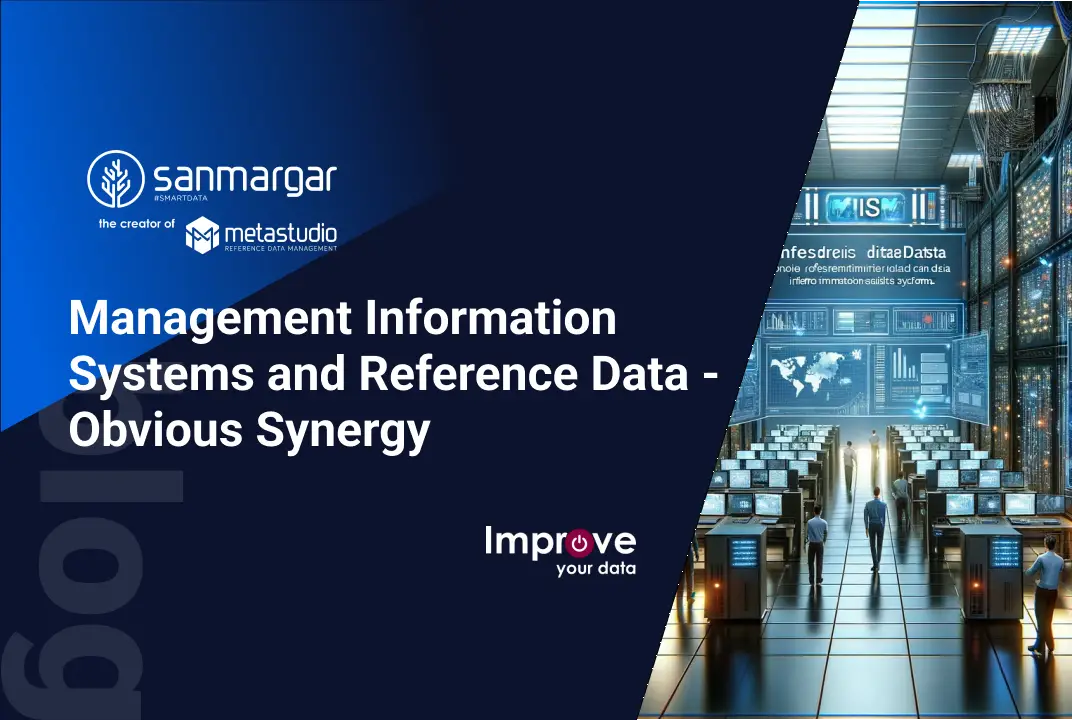Introduction to Management Information Systems (MIS) and Reference Data
Reference data, such as organizational structures, categorizations, or geographical hierarchies, are crucial for management information systems (MIS). These information sets classify and standardize data within an enterprise, ensuring consistency across various systems and processes. MIS leverage this data to centralize information from diverse sources, enabling efficient management and strategic decision-making. Errors in reference data can lead to significant discrepancies in decision-making processes or result in reporting errors due to regulatory requirements. Their accuracy and continuous management are critical for the operational efficiency of an enterprise.
The Importance of Reference Data for Management Information Systems
Reference data maintains standards and consistency within an enterprise, essential for accurate business analysis. Standardized definitions and categorizations, such as those concerning products or business units, allow MIS to automatically aggregate and analyze data from various sources. A lack of consistency can lead to incorrect conclusions, negatively impacting financial and operational results. Effective management of reference data requires regular audits, updates, and training for users, which is crucial for maintaining a competitive edge.
Three Principles for Achieving a Single Version of Truth
The integrity, availability, and accuracy of data are fundamental to the proper functioning of MIS. Data integrity ensures consistency and completeness of information through strict validation protocols and quality management tools. The principle of availability requires that data be accessible in real-time to all authorized users, with appropriate security measures. The accuracy of reference data is maintained through continuous monitoring, updates, and automatic notifications for corrections, ensuring their timeliness and precision.
Practical Implementation of Principles in the Context of Management Information Systems
The implementation of the three principles of a single version of truth starts with a data audit, identifying areas for improvement, and the deployment of data integration tools to ensure consistency. Particularly important is the training of users and the implementation of data quality visualization tools, allowing for ongoing monitoring and rapid intervention. Maintaining continuous data quality involves regular reviews, software updates, and adaptation to changing business conditions.
The Future and Development of MIS from the Perspective of Reference Data
Advancements in technology, such as artificial intelligence and machine learning, offer new opportunities for the automation of reference data management, enhancing their accuracy and availability. The increase in technological capabilities also necessitates enhanced data protection to prevent breaches and ensure compliance with growing regulatory demands.
Reference data forms the foundation of effective MIS, which ensure unity, consistency, and accuracy of essential information. With proper management, these systems enable better strategic decision-making and significantly reduce costs associated with fulfilling regulatory obligations. Implementing the principles of integrity, availability, and accuracy of data is key to maintaining competitiveness and innovation in a dynamic business environment.
We have compiled our knowledge about managing reference data into a training course.




